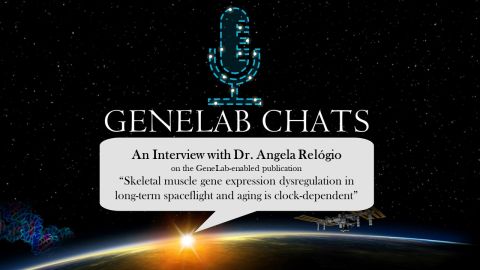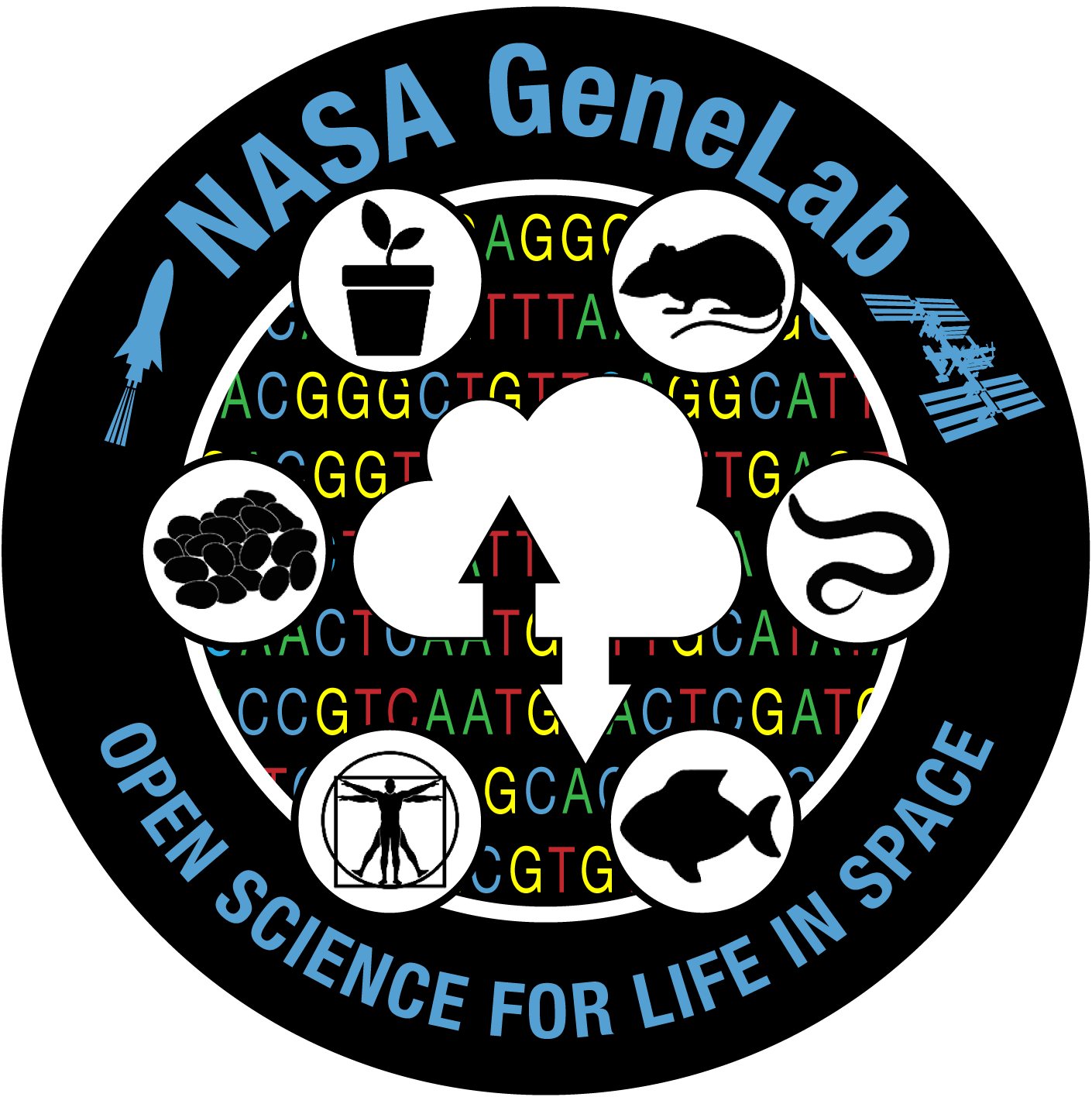
Welcome to the "GeneLab Chats" series, a platform tailored for insightful interviews with authors of GeneLab-enabled publications. Within this concise interview format, GeneLab engages in conversations with these distinguished researchers to comprehensively grasp the scope of their publications and to illuminate the integral role played by the GeneLab data system in facilitating their research endeavors. In this feature, we turn our attention to a notable publication from Prof. Dr. Angela Relógio of MSH Medical School Hamburg.
The focal point of this investigation revolves around the meticulous regulation of molecular processes through the circadian clock in mammals, a crucial factor for promoting health across various tissues, including skeletal muscle. The dysregulation of circadian rhythms has been linked to aging and associated disorders. The publication titled "Skeletal Muscle Gene Expression Dysregulation in Long-Term Spaceflights and Aging is Clock-Dependent," authored by Dr. Malhan, Prof Dr. Relógio, and their esteemed colleagues (Dr. Müge Yalçin from MSH, Dr. Britt Schoenrock, and Prof. Dr. Dieter Blottner from Charité Medical University of Berlin), employs multiple GeneLab datasets to analyze the effects of extreme gravity conditions on core-clock elements and the resulting implications for skeletal muscle-associated pathways.
GeneLab had the privilege of engaging with Prof. Dr. Relógio, delving into the intricacies of this significant work. The ensuing conversation underscores the instrumental role played by Open Science data systems and collaborative efforts within Analysis Working Groups (AWGs) in enabling and enhancing the scientific impact of this publication.

